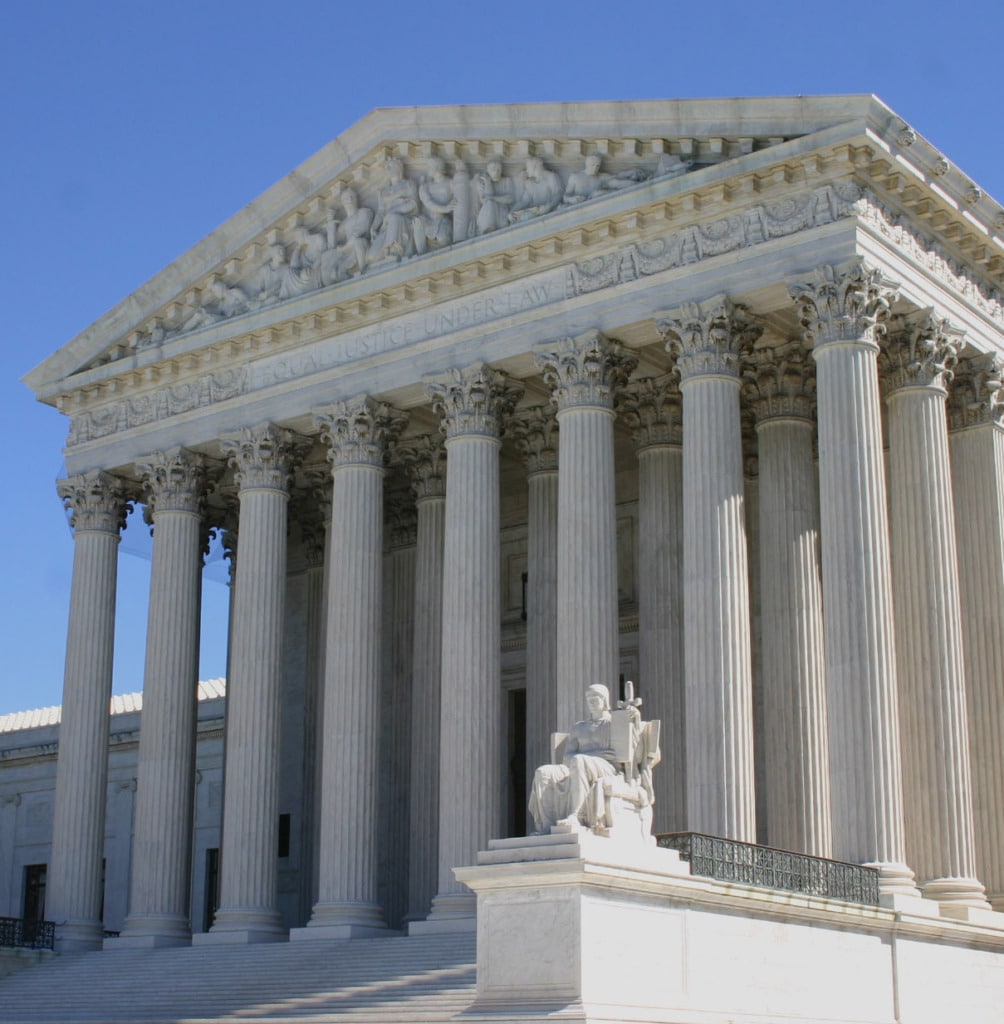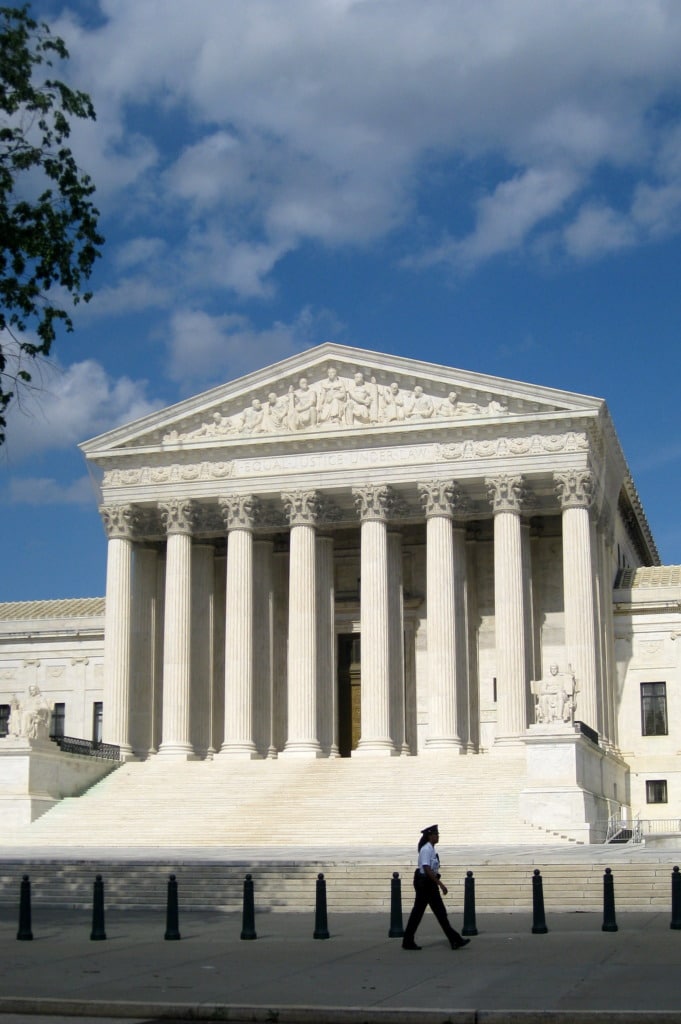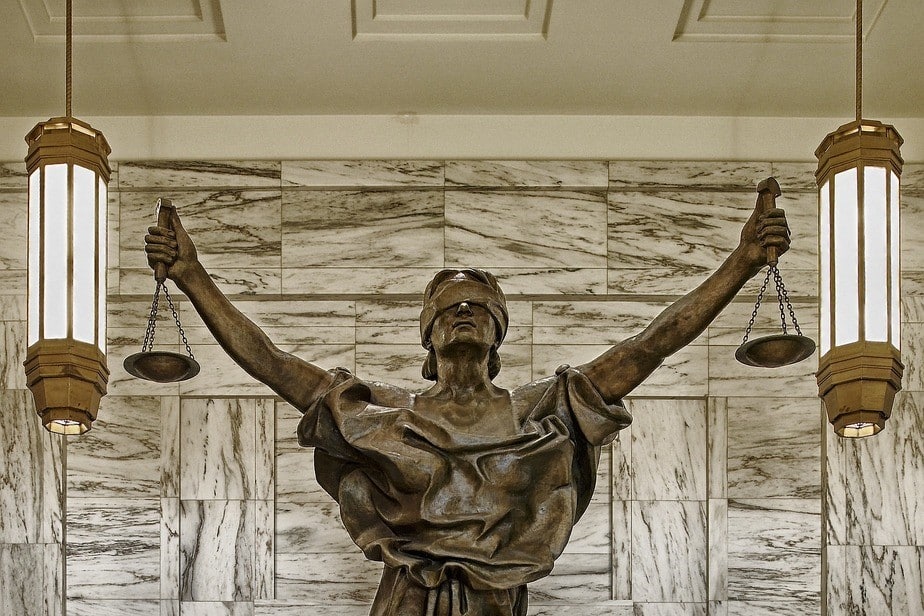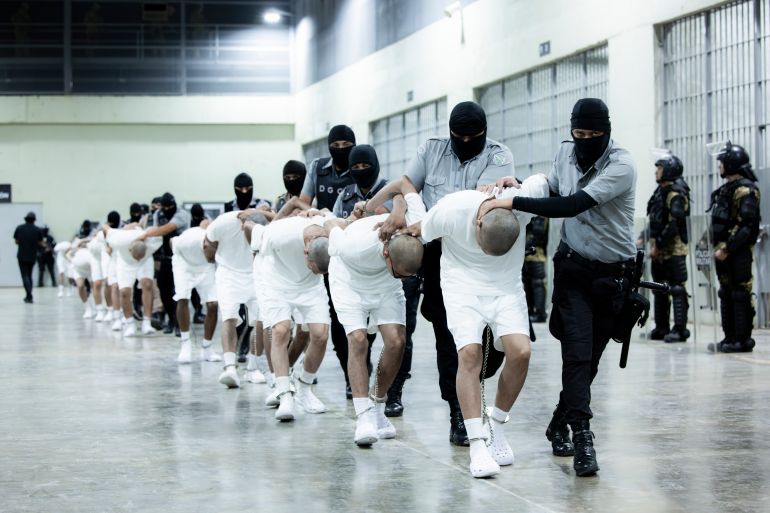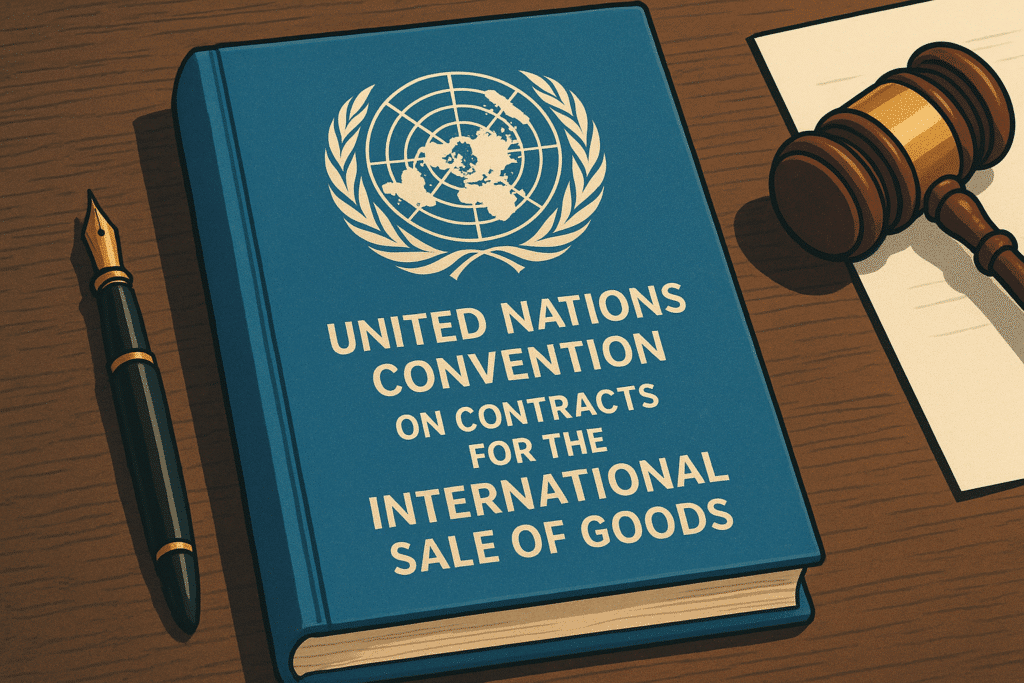Fuld Preview: Professor Briefs
Next week, the Supreme Court will hear oral argument in Fuld v. Palestinian Liberation Organization. Fuld raises two interrelated issues: (1) Does the Promoting Security and Justice for Victims of Terrorism Act (PSJVTA) provide consent-based personal jurisdiction consistent with Mallory v. Norfolk Southern Railway Co.?; and (2) What are the differences (if any) between the…
Continue ReadingFuld Preview: AALS Panel on Mallory and More
Next week, the Supreme Court will hear oral argument in Fuld v. Palestinian Liberation Organization. TLB’s prior coverage of Fuld can be found here. Among the key issues in Fuld is whether the Promoting Security and Justice for Victims of Terrorism Act’s scheme for consent-based personal jurisdiction is constitutional. In 2023, the Supreme Court decided…
Continue ReadingInternational Law in Domestic Courts Workshop, May 23
As previously announced, the next International Law in Domestic Courts (ILDC) Workshop will be held at the George Washington University Law School on May 23. ILDC is an interest group of the American Society of International Law. Its purpose is to promote dialogue among scholars and lawyers who are interested in issues pertaining to the…
Continue ReadingChoice of Law in Terrorism Cases in the District of Columbia
When an Iranian-backed terrorist group operating out of Lebanon detonates a bomb in Israel that kills a U.S. citizen domiciled in Texas, what law governs civil claims brought against Iran in the District of Columbia (DDC)? Some version of this choice-of-law question has been presented to the DDC many times over the past two decades….
Continue ReadingThe $24 Billion Judgment Against China in Missouri’s COVID Suit
On March 7, 2025, Judge Stephen N. Limbaugh, Jr. (Eastern District of Missouri) entered a default judgment for more than $24 billion against the People’s Republic of China and eight other Chinese defendants for hoarding personal protective equipment (PPE) during the early days of the COVID pandemic in violation of federal and state antitrust laws….
Continue ReadingDistrict Court’s Order in the Venezuelan Deportees Case Was Not Extraterritorial
As was widely reported yesterday, the Trump administration permitted two planes carrying Venezuelan deportees to continue on their way to El Salvador after receiving a judicial order to turn the flights back to the United States. A story in Axios quotes an administration official who explains that they were not in fact “actively defying” the…
Continue ReadingCassirer’s Case Continues
Regular TLB readers will be familiar with David Cassirer’s long-running suit to recover a painting by Camille Pissarro, which the Nazis stole from his great-grandmother, from a museum owned by the government of Spain. The case turns on choice of law. Under Spanish law, an owner acquires good title through possession for a period of…
Continue ReadingA New CISG Decision from Arizona
Many U.S. lawyers are unaware that the U.N. Convention on Contracts for the International Sale of Goods – or CISG – might apply to the contracts they negotiate on behalf of their clients. A recent federal district court decision from Arizona, Kümpers Composites GmbH v. TPI Composites (Judge Susan M. Brnovich), provides a nice occasion…
Continue ReadingImmunity or Not? The English Court of Appeal Decides
In the United Kingdom, § 2 of the State Immunity Act 1978 (SIA) provides an exception to State immunity if a State has “submitted” to the jurisdiction of UK domestic courts. In a 2024 decision, the English Court of Appeal considered whether, under § 2 of the SIA, a State’s adoption of the Convention on the Settlement…
Continue ReadingNorth Carolina Court Recognizes Ghanaian Proxy Marriage
A marriage celebrated outside the United States will generally be recognized by a court within the United States if two requirements are met. First, the couple must have satisfied all of the legal requirements of the place of celebration. Second, the marriage cannot be contrary to the public policy of the recognizing state. The North…
Continue Reading